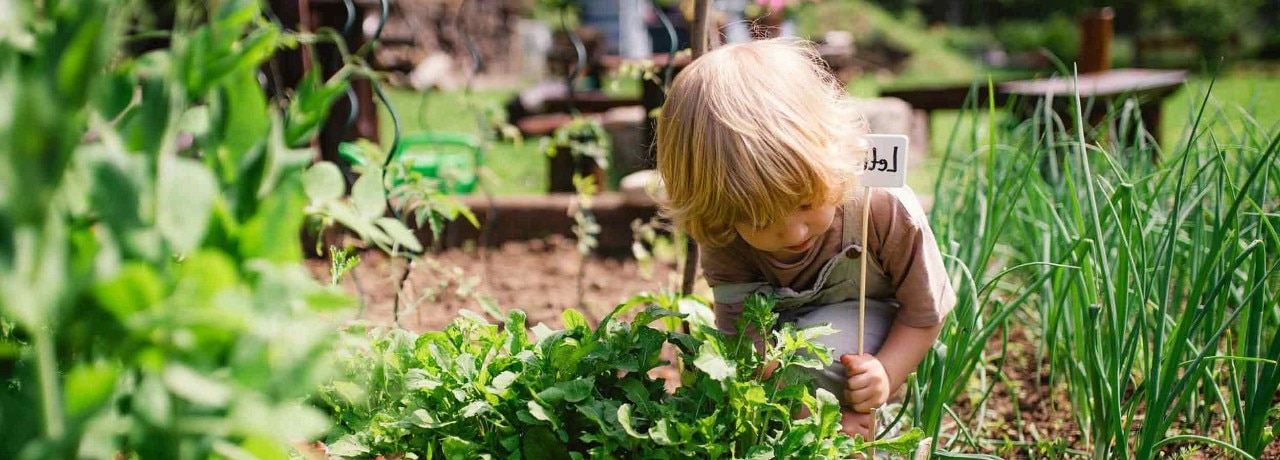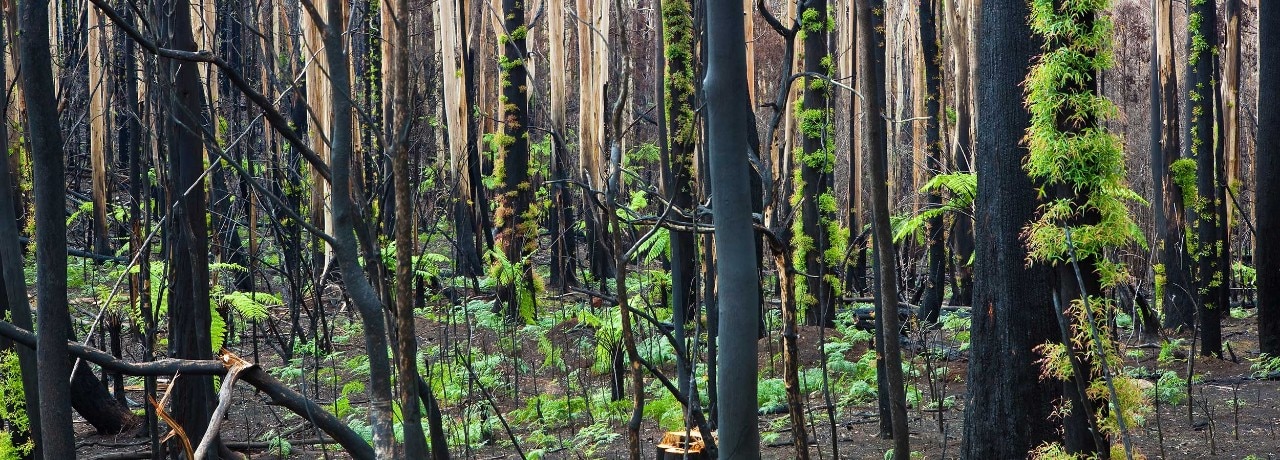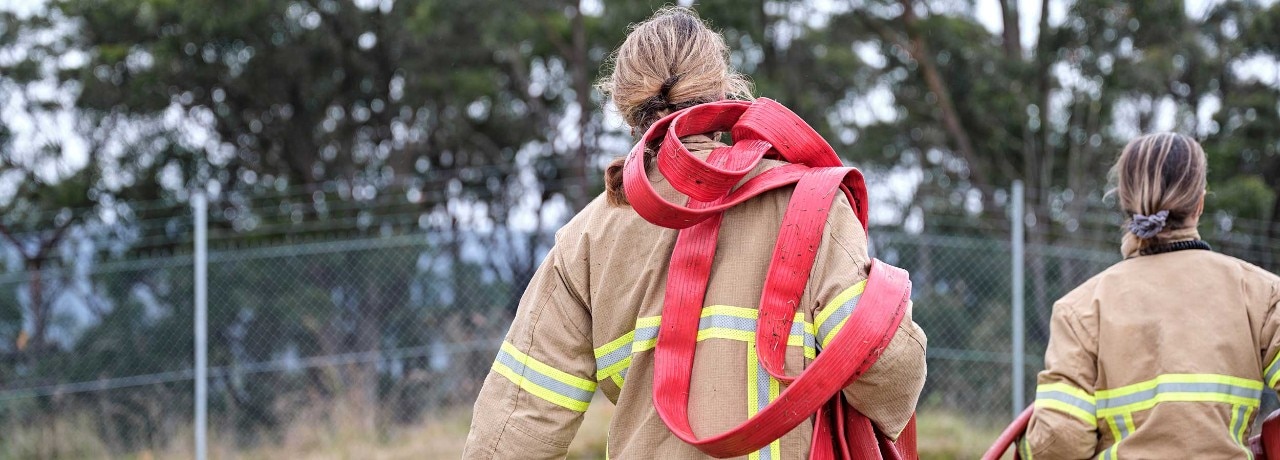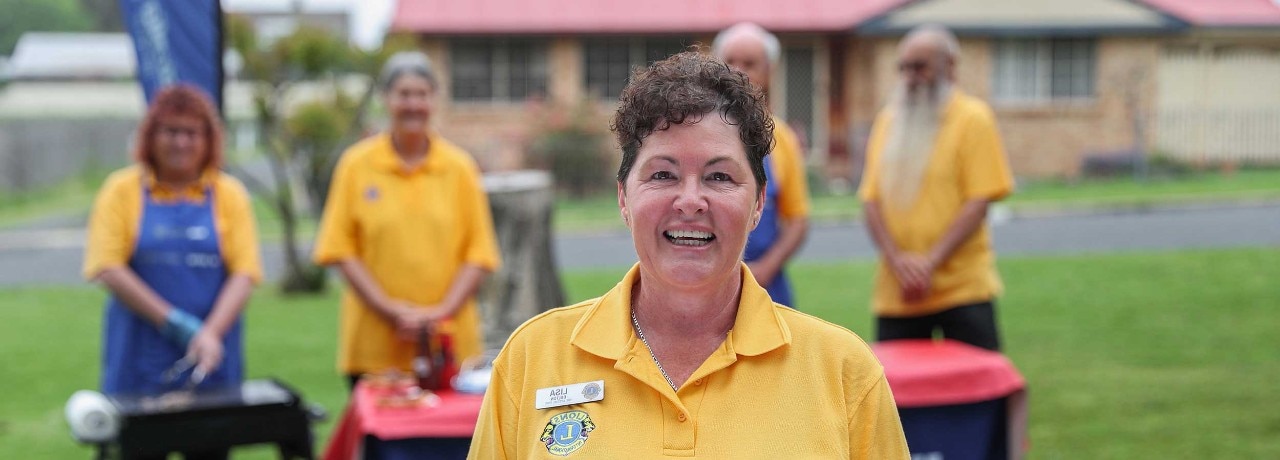Community Grants | NAB Foundation - NAB
Our Community Grants program
Australian communities are being hit harder by natural disasters more often. It takes many hands to get communities back up and running after a disaster and to build resilience for the next one.
That’s why the NAB Foundation Community Grants program provides funding of up to $25,000 for local projects that help communities withstand and recover from natural disasters.
We award $1.2 million in Community Grants each year across two grant rounds, including $200,000 available in Impact Grants for projects with big potential. These Impact Grants provide a further $25,000 to recipients to maximise the impact they have on their communities.
NAB Foundation Community Grants support community-led projects that relate to the following categories:
Training and planning
Educational workshops, practical and strategic planning that help communities prepare for a natural disaster.
Community Recovery
Programs to enhance community connection, resilience and wellbeing post natural disaster.
Environment and wildlife
Restoration of damaged vegetation and habitat, and rehabilitation of injured wildlife.
Equipment and Infrastructure
Tools, equipment and infrastructure improvements that help communities withstand natural disasters or recover in their aftermath.
Read more about our previous grant recipients.
How to apply for a Community Grant
The NAB Foundation Community Grants program will run across two rounds in 2026.
Round 1: opens from 16 February to 16 March, with funding awarded in June 2026.
Round 2: opens from 17 August to 14 September, with funding awarded in December 2026.
Please contact nabfoundation@nab.com.au if you have any further questions, or if you would like to be notified when we are open for applications again.
-
Applications are assessed by the NAB Foundation team and NAB leaders in relevant regions.
A grant will be assessed on its own merits and final amounts will depend on the nature and needs of the successful applicant. Community Grant recipients eligible for an Impact Grant will go on a shortlist and NAB colleagues will vote to decide the recipients.
-
NAB Foundation Community Grants are open to:
- Charities that are registered with the Australian Charities and Not-for Profits Commission (ACNC).
- Social enterprises (not-for-profit and for-profit) or start-ups with social or environmental impact at the core of their business.
- Groups or organisations (not-for-profit and for-profit) that hold an Australian Business Number (ABN) and have a charitable purpose.
- Local government or government-funded facilities (such as a school or childcare centre) seeking funding for a program that furthers charitable purpose.
Your organisation doesn’t need to have Deductible Gift Recipient (DGR) status.
If your organisation is not a registered charity or social enterprise with the ACNC, it must have documentation that demonstrates its charitable purpose. You’ll be asked to certify this and upload supporting documentation in the application form.
If you are a government entity (local government or council), you will be asked to certify that the funds will be used solely for the charitable purpose outlined in your application, and not recorded as a donation to a government or political party, or as a political donation.
Previous recipients of a NAB Foundation Community Grant are eligible to apply again. However, organisations must wait one full year (two grant rounds) before applying for another grant.
Here are some other important points about applying:
- You don’t need to be a NAB customer.
- You don’t need to be a registered charity to apply.
- Your organisation doesn’t need to operate Australia-wide.
- You can apply for a NAB Foundation Community Grant if you’ve successfully applied for grants from other organisations.
-
Applications won’t be accepted for the following:
- organisations or programs outside Australia
- organisations that don’t have an ABN or those that don’t hold a charitable purpose
- individual applicants or personal expenses
- sole traders or partnerships
- programs that aren’t related to preparing for or recovering from bushfires, floods, cyclones or storms
- programs that don’t align to the categories of the Community Grants program
- activities that may be deemed harmful to the community or the environment
- recurrent costs or continued funding (grants are one-off)
- government entities (with the exception of local government or government-funded facilities such as a school or childcare centre)
- retrospective requests, general fundraising appeals or commercial sponsorships
- business as usual activities, including marketing and fundraising activities
- religious or sectarian education (programs by religion-based organisations that support a non-religious purpose are eligible to apply)
- political support or political organisations
- bequest programs
- foundations that are grant-making bodies.
-
A charitable purpose (also called a mission or objective) may be the reason an organisation has been set up and the activities implemented towards achieving this purpose. This purpose is usually set out in an organisation's governing documentation. There are 12 charitable purposes set out in the Charities Act 2013 (Cth) (section 12(1)):
- advancing health
- advancing education
- advancing social or public welfare
- advancing religion
- advancing culture
- promoting reconciliation, mutual respect and tolerance between groups of individuals in Australia
- promoting or protecting human rights
- advancing the security or safety of Australia or the Australian public
- preventing or relieving the suffering of animals
- advancing the natural environment
- other similar purposes ‘beneficial to the general public’ (a general category)
- promoting or opposing a change to any matter established by law, policy or practice in the Commonwealth, a State, a Territory or another country (where that change furthers or opposes one or more of the purposes above).
-
The NAB Foundation intends to prioritise funding for smaller organisations with an income of $3 million or less per annum, and organisations that receive less than 40% of their annual funding from government. While the NAB Foundation will prioritise funding for smaller organisations, larger organisations can still apply, if they have a local project or initiative that meets local needs and can demonstrate the funds will be used at that local community level.
Explore more
Find out more about how NAB supports local communities.
Environmental Resilience
NAB Foundation supports projects that build environmental resilience to natural disasters and climate change at scale.
NAB Ready Together
NAB Ready Together can help if you’re affected by a natural disaster.
Our grant recipients
See a list of community organisations that have received grants from the NAB Foundation.

Learn more about NAB Foundation
Learn more about the work NAB Foundation is doing.
Contact us
Email us
Email the NAB foundation team.
Important information
Apologies but the Important Information section you are trying to view is not displaying properly at the moment. Please refresh the page or try again later.




